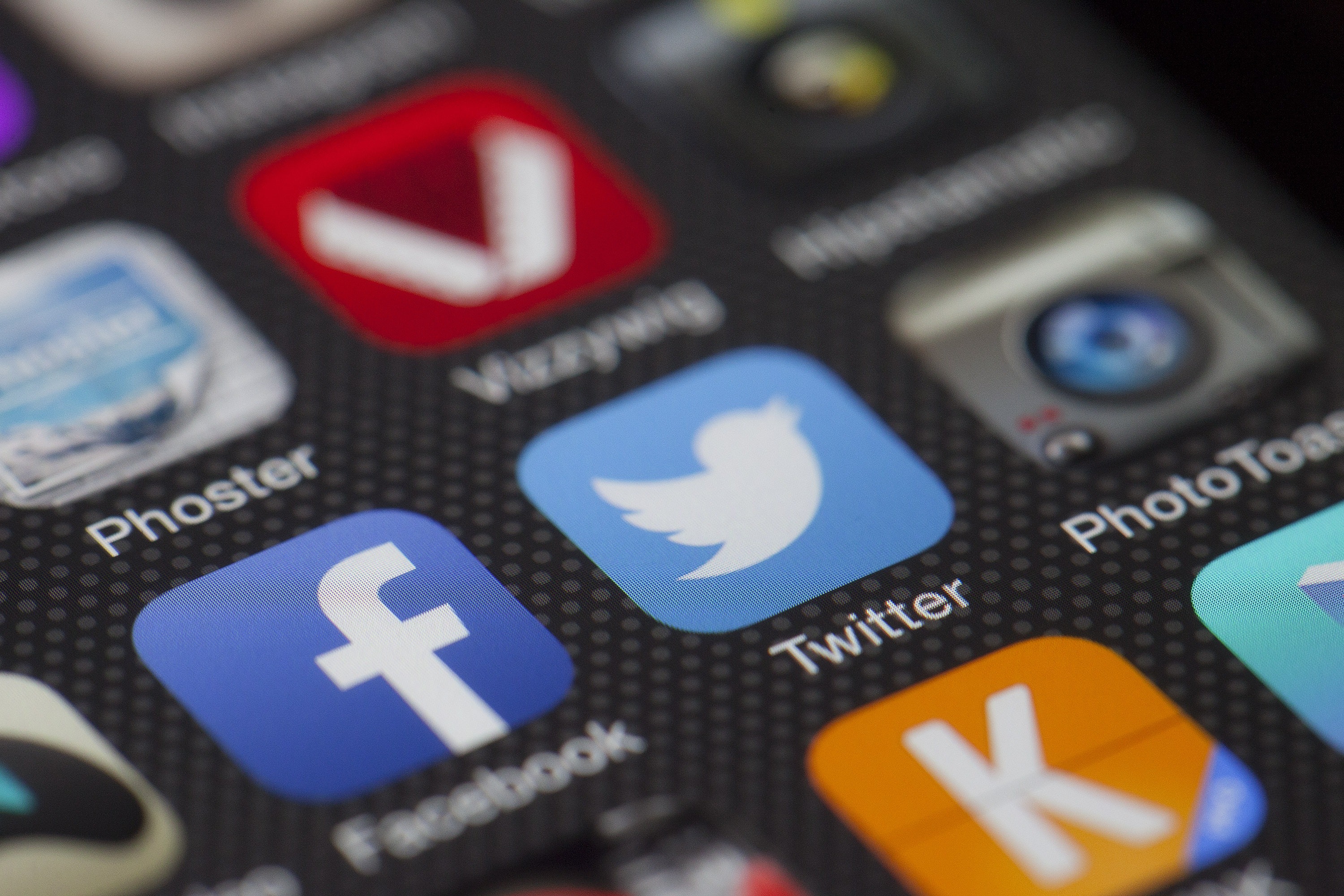WASHINGTON (Sept 15, 2023) — A social media campaign launched in 2022 helped encourage some Nigerians to roll up their sleeves for a COVID vaccine, according to a study published today in PLOS ONE.
“Our research suggests that a social media campaign can reduce vaccine hesitancy and increase the vaccination rates in Nigeria and possibly other low-income countries,” said Doug Evans, the lead author of the paper and a professor of prevention and community health at the George Washington University Milken Institute School of Public Health.
The COVID pandemic has been a challenge for public health officials in Nigeria and other low and middle income countries where misinformation and hesitancy about the safety of the vaccines has slowed uptake of the protective shots. Evans and his colleagues designed and executed a large-scale social media campaign and launched it in six Nigerian states. The team compared Nigerian vaccination rates over a ten month period in states where the campaign ran to those in control states.
The team concluded that the campaign produced measurable and meaningful positive effects on social norms around vaccination and vaccination status. The team also noted that the use of a social media campaign, and social media based data collection, may prove to be an important innovation that has great potential in future public health research.
Evans says the study findings may also apply in the United States or other settings. “A social media campaign based on an influencer model could be used to combat vaccine hesitancy in the U.S. and anywhere there is high social media usage,” he says.
The paper, “Outcomes of a social media campaign to promote COVID-19 vaccination in Nigeria,” was published Sept. 15 in the journal PLOS ONE. The research was funded by the Bill & Melinda Gates Foundation.
-GW-


